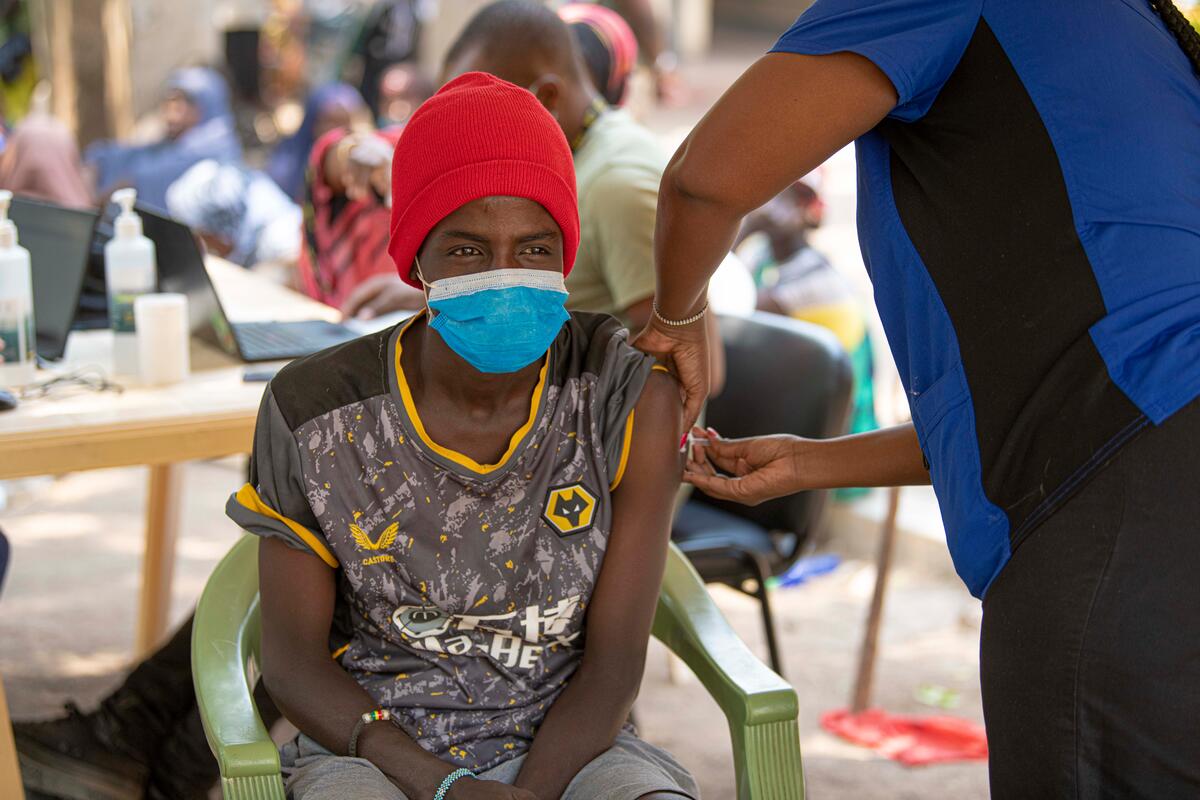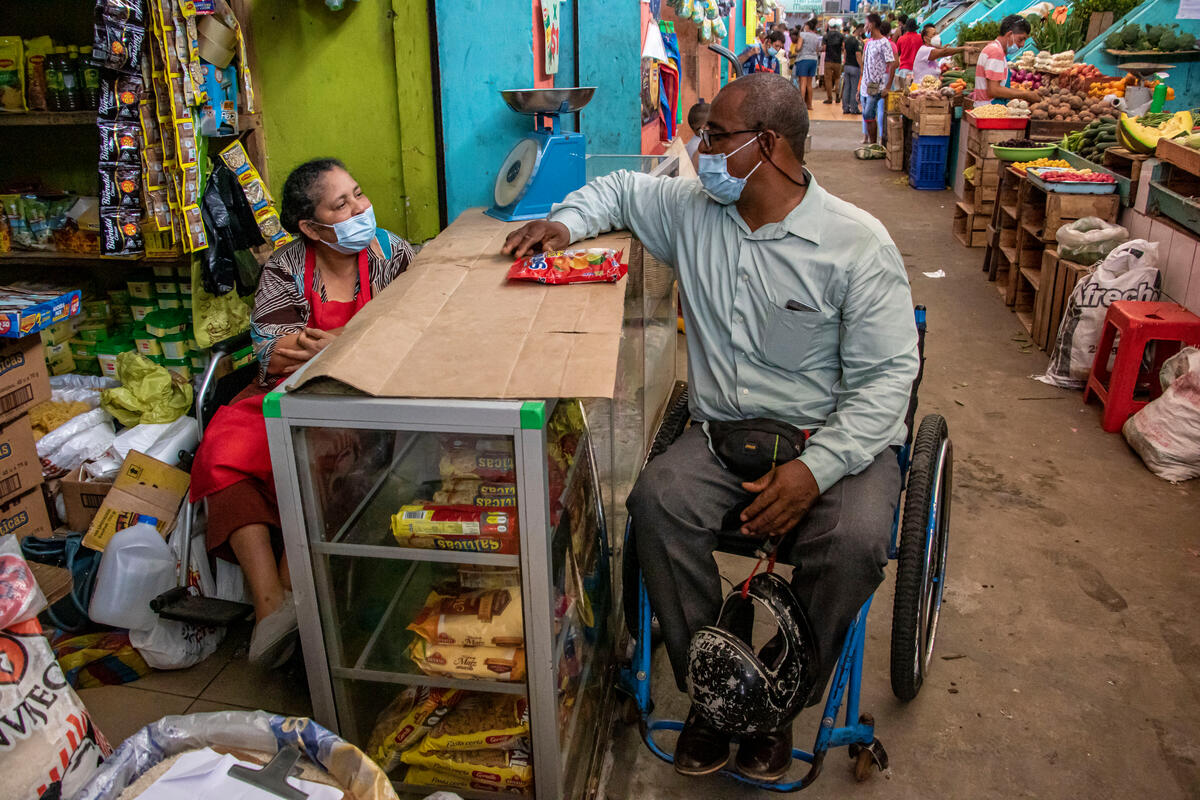UNHCR helps secure health insurance for all registered refugees in Iran
UNHCR helps secure health insurance for all registered refugees in Iran

TEHERAN, Islamic Republic of Iran, August 11 (UNHCR) - Afghan refugee Gholam Reza has been worried about his health for some time, but he's been too poor to do much about it. "We do not have health insurance and I can not afford to go to a hospital," said the family head, who fled to Iran more than 30 years ago.
That's recently changed, thanks to an agreement between UNHCR, the Islamic Republic of Iran government and a local insurance company to allow the 1 million registered Afghan and Iraqi refugees to benefit from health insurance. To date, they have only been covered for kidney failure and the genetic blood disorders of haemophilia and thalassemia, while also enjoying access to primary health care. .
Under this pilot health insurance scheme, each refugee will pay a subsidized rate of US$16 per year to Alborz Insurance, or 58 per cent of the actual cost of the insurance premium, with UNHCR paying for the rest. The UN refugee agency will pay 100 per cent of the premium for vulnerable refugee groups.
Refugees holding the new health insurance cards will now benefit from a wide range of services, including hospital treatment, ambulance services and natal care.
For Reza, joining the insurance scheme will mean getting treatment for his slipped disc, a problem that has been ailing him for years. "I have not been able to work for quite a while now," he said. "My wife and children are worried all the time about how to survive." Afghan refugees in Iran are allowed to seek employment. Most work in low-paid occupations such as construction and agriculture.
Reza seemed happier, if a bit apprehensive, after getting his card. "This is a new thing and we are still not sure how it will work. We are just hopeful," Reza told UNHCR. "I hope this scheme will be good for refugees," he said.
Bernie Doyle, UNHCR's representative in Iran, welcomed the development. "It's a ground-breaking scheme," he said, adding that "refugees without insurance coverage had found it impossible to pay for anything other than the most basic health care, jeopardizing their long-term health prospects and also their ability to work and sustain themselves."
The new insurance deal complements UNHCR's existing health interventions in Iran, where it helps ensure that refugees get free access to primary health care.
By Dina Faramarzi in Teheran, Islamic Republic of Iran









